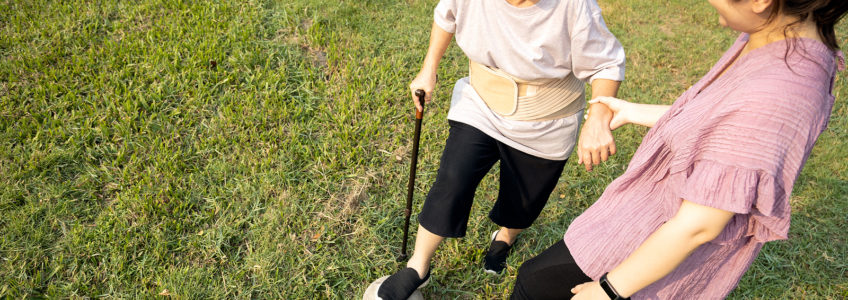
Are you looking for a type of care that puts your senior’s emotional needs first? Companion care at home may be exactly what you’re seeking. This type of care can seem confusing at first. Because it’s not so much about offering hands-on help to your elderly family member. The focus of companion care is ensuring that your elderly family member is socializing instead of isolating herself and feeling lonely.
Social Contact with the Outside World
All too often, your elderly family member may find that it’s difficult to get out into the world or that she just doesn’t want to do so. But cutting off all social contact with the outside world isn’t a healthy option. Having companion care at home spend time with her is a gentle compromise that ensures your senior is well, and yet doesn’t challenge her too much.
Help with Mobility Around the House
If your elderly family member finds that mobility around her home is more difficult, it can help you know that she’s got home care providers there with her. They can remind her to use mobility devices as needed, or they can offer an arm to help steady her as she walks. These small ways of offering help can make a huge difference in how safe your senior feels around her home.
Someone to Engage in Activities with on a Regular Basis
Sometimes activities your elderly family member enjoys, like certain hobbies, are a lot more fun when there is someone else there with her. Games and puzzles are also a lot more fun when your senior isn’t engaging in them by herself. Companion care at home offers your senior the ability to have someone there with her for all of those activities.
Emotional Support When Your Senior Needs it Most
Having a caregiver there with her regularly also offers your senior emotional support when necessary. Growing older isn’t always easy, both physically and emotionally. It’s important to have someone there who understands and who can talk with your senior about how she’s feeling. Even if they’re not talking about the things that have your senior worried, she can find the emotional support that she needs.
Mental Stimulation that Keeps Her Brain Active
Your senior’s brain needs a workout to keep itself going, just like her muscles do. One of the best ways to keep your senior’s brain strong is by engaging in social activities, and conversations with companion care at home providers offer a great opportunity for socialization. The more your elderly family member keeps her brain active, the healthier it will be overall and that’s a big part of keeping her healthier.
Companion care is a way to ensure that your elderly family member isn’t lonely and has the camaraderie she needs and wants regularly. It’s especially helpful if your senior has a difficult time away from home or engaging with friends and family for other reasons.

